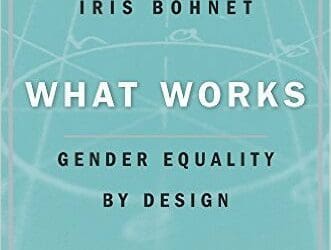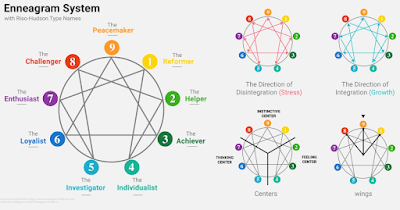
If you’ve done any investigation into the debate between evolution and intelligent design (or creation), you’ve probably heard about the giraffe’s neck. Not only do both sides claim it in favor of their position, but they often tout it as irrefutable proof that they are correct. How could this be and which side is right?

Let me start by explaining why both sides of the debate claim it for their side. The evolutionists look at the recurrent laryngeal nerve, which travels from the head all the way down the neck, under the aortic arch, and back up to the larynx. It’s a 15 ft nerve that only needs to be about a foot, if that. Evolutionists say if this was designed, it was done poorly and not what is expected, but if it evolved from a shorter-necked species, it’s exactly what is expected.
On the other hand, those in the intelligent design camp look at the features in the neck that protect the giraffe’s brain. Because giraffes are so large and their heads are so high, their hearts have to pump blood very powerfully to get the blood up there, but when they bend down to drink, gravity will pull the blood down rapidly and flood the brain. To prevent death every time they drink, they have an advanced pressure control system which is far too complex to have evolved all at once (irreducible complexity), therefore, the best inference is that it was designed by an intelligent being.

real of Photoshopped.
The arguments from both sides are more complex than I presented them and both sides have counter-arguments to the opposing claims so don’t think my caricature settled the matter. My point isn’t to argue for either side, but to help people see or present the argument with less bias.
It’s easy to poke holes in any claim. That’s why we have the flat earth society, Holocaust deniers, and so many other off-the-wall beliefs that are semi-normal in our society. We have to look at both sides of an argument in comparison to one another in order to avoid our own biases.
In this case, what is really being compared is whether God created something that appears poorly designed or that random mutations were able to produce an incredibly complex system all at a single time. In other words, based on our current knowledge, the choice is between something that seems odd or unlikely, but not impossible (God’s design seems poor) to something that seems statistically impossible (irreducible complexity).
I admit that this seems to handicap evolution from the get-go, but there are two points to consider. First is that we should avoid making decisions based on a single instance if we can avoid it. So maybe you agree that the design argument is better in the case of the giraffe, but for the rest of biology, evolution makes more sense. The second point is that there are other domains that are equally biased against God or Christianity (historical claims of the Bible, the cosmological argument, etc.).
If we know both sides of the evolution debate and approach the topic with an open and honest mindset, we have to admit that it’s a hard choice. Both sides make a pretty good case and both sides have issues. The case of the giraffe is a fun illustration because we see the trade-offs in a single species, but this method of comparison should not limited in this way. We should apply it to the evidence and limitations for each argument in the whole debate. Hopefully, by framing the debate in this way, we can make a more rational choice or present the topic in a way that helps others make a more rational choice.




